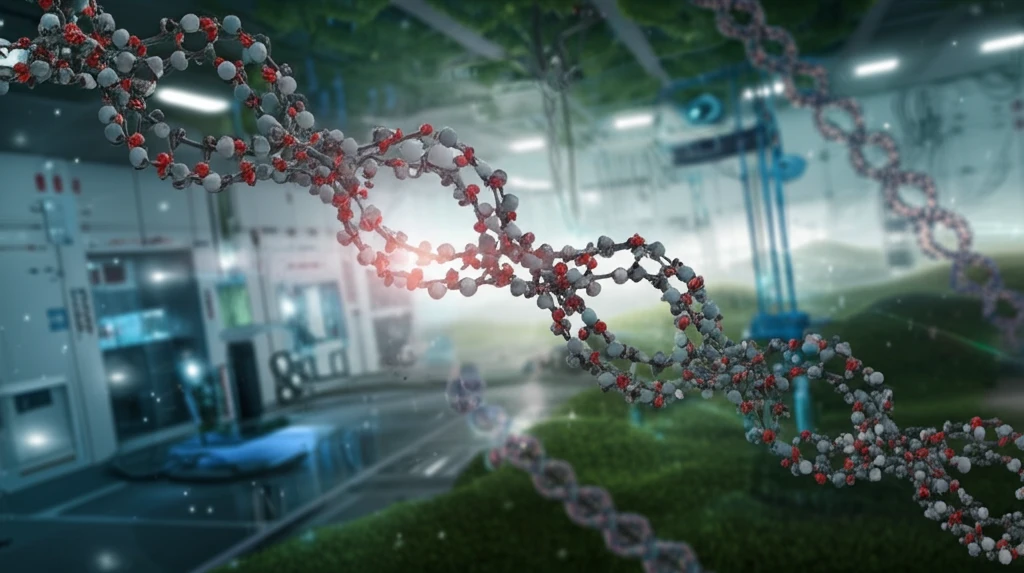
The Future of Plastics: New Catalysts Revolutionizing Polymer Production
"Unlocking the secrets of ethylene polymerization with cutting-edge catalyst technology for a sustainable tomorrow."
For decades, plastics have been an integral part of our daily lives, from packaging that preserves our food to the components that make up our smartphones. The sheer volume of plastic production, however, has led to significant environmental challenges. Traditional methods of plastic production often rely on processes that are energy-intensive and generate substantial waste. As a result, scientists and engineers have been relentlessly pursuing innovative approaches to create plastics more sustainably.
One of the most promising avenues in this pursuit is the development of advanced catalysts for ethylene polymerization. Ethylene polymerization is the fundamental process by which ethylene molecules (derived from petroleum or natural gas) are linked together to form polyethylene, the most common type of plastic. Catalysts play a pivotal role in this process by accelerating the reaction, controlling the properties of the resulting polymer, and reducing energy consumption. Recent research has focused on designing catalysts that not only enhance efficiency but also enable the production of plastics with tailored properties, opening up new possibilities for their application and recyclability.
This article delves into the groundbreaking work being done with novel catalyst systems, exploring how these advancements are poised to revolutionize the plastics industry, offering a pathway towards sustainability without compromising the versatility and utility that we've come to expect from plastics.
Unbridged Metallocene Catalysts: A New Era for Polymerization

Recent research has highlighted the potential of unbridged metallocene catalysts in ethylene polymerization. These catalysts, particularly those based on zirconium and hafnium, are showing promise for their ability to control the polymerization process with greater precision. The innovation lies in modifying the ligands—the molecules attached to the central metal atom—to fine-tune the catalyst's behavior. By carefully selecting these ligands, scientists can influence the activity of the catalyst, the molecular weight of the resulting polymer, and even the polymer's structure.
- Enhanced control over polymer properties.
- Increased catalytic activity in certain configurations.
- Potential for producing polymers with tailored molecular weights.
- Improved understanding of structure-property relationships.
The Road Ahead: Sustainable Plastics for a Brighter Future
The development of these advanced catalysts represents a significant step forward in the pursuit of more sustainable plastic production. By providing greater control over the polymerization process, these catalysts enable the creation of plastics with tailored properties and reduced environmental impact. As research in this area continues, we can anticipate even more innovative solutions that will further transform the plastics industry, paving the way for a future where plastics are both versatile and environmentally responsible.
